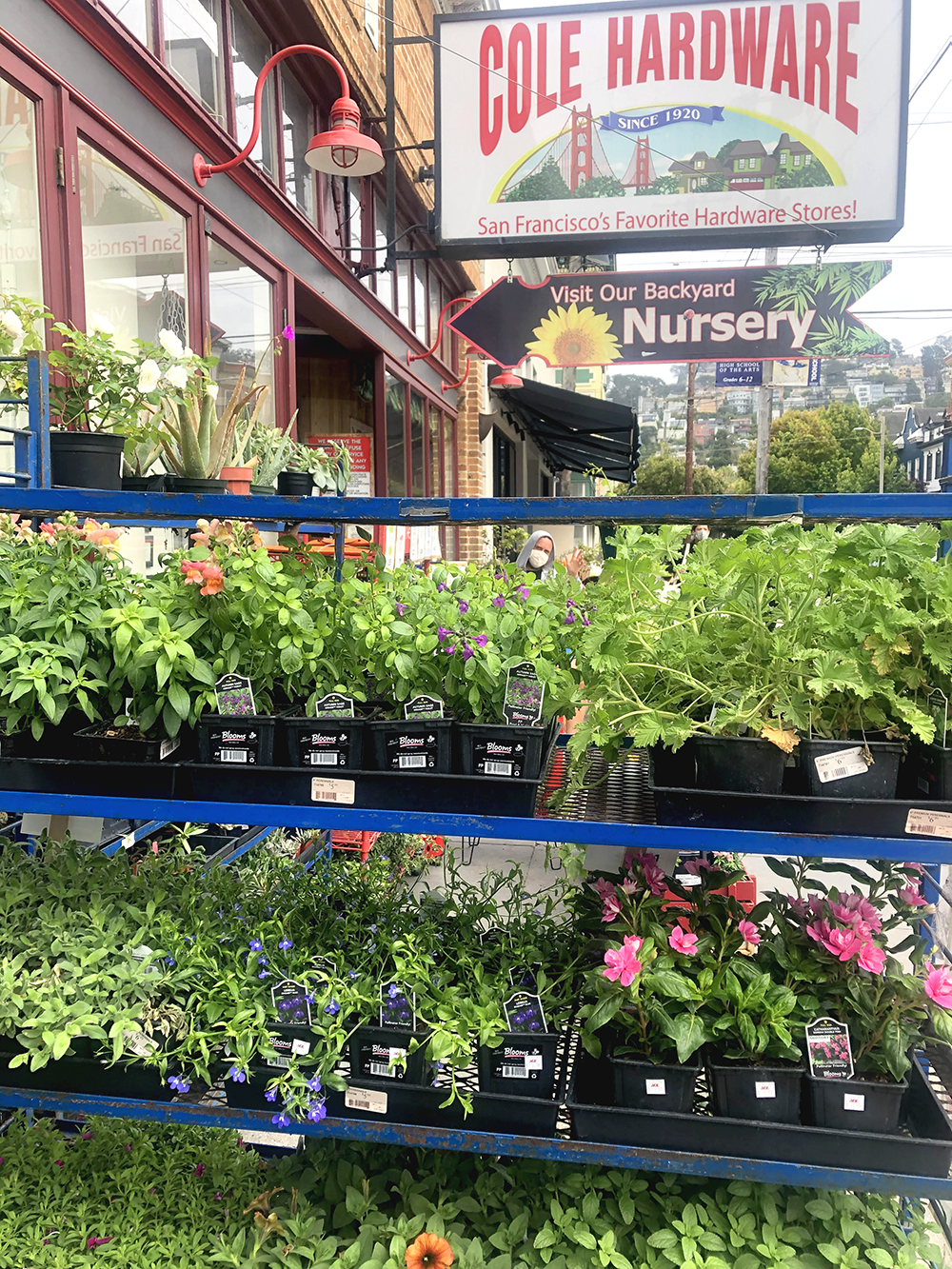Question and answer section
Bee Safe
Pollination by bees creates more than $15 billion in U.S. crop value each year. About one mouthful in three of our diet directly or indirectly benefits from honey bee pollination. Commercial production of many crops like almonds, other tree nuts, berries, fruits, and vegetables is dependent on pollination by honey bees.
Honey bees are not native to the Americas; they were brought by European settlers. There are native pollinators in the United States, but honey bees are more prolific and easier to manage on a commercial level for pollination of a wide variety of crops. Almonds, for example, are completely dependent on honey bees for pollination. In California, the almond industry requires the use of 1.4 million colonies of honey bees, approximately 60 percent of all managed honey bee colonies in the United States.
Colony Collapse Disorder (CCD) is a phenomenon in which worker bees from a hive abruptly disappear. The total number of managed honey bee colonies has decreased from 5 million in the 1940s to only 2.5 million today. Neonicotinoids, a class of insecticides with properties similar to nicotine, is restricted in some countries due to evidence of a connection to CCD.

Our plant vendor Blooms is bee-friendly and all of their plants are untreated with neonicotinoids. Our local vendor Sweetwater Nursery also offers bee-friendly plants. Just look for the Bee Safe sticker that assures you a plant is free of this insecticide.
Herbs
- Anise hyssop
- Bee balm (Monarda)
- Borage
- Catnip
- Cilantro
- Echinacea
- Fennel
- Lavender
- Mint
- Oregano
- Pennyroyal
- Rosemary
- Sage
- Thyme
Flowers/Annuals
- Calendula
- Marigold
- Poppies
- Sunflowers
- Zinnias
Vegetables
- Cucumbers
- Melons
- Peppers
- Pumpkins
- Summer squash
- Watermelons
- Winter squash
Perennials
- French lavender
- Provence lavender
- Scented geraniums
- Sedum (Autumn Joy)
Stay in the loop!
Sign up to receive our emails!
